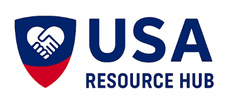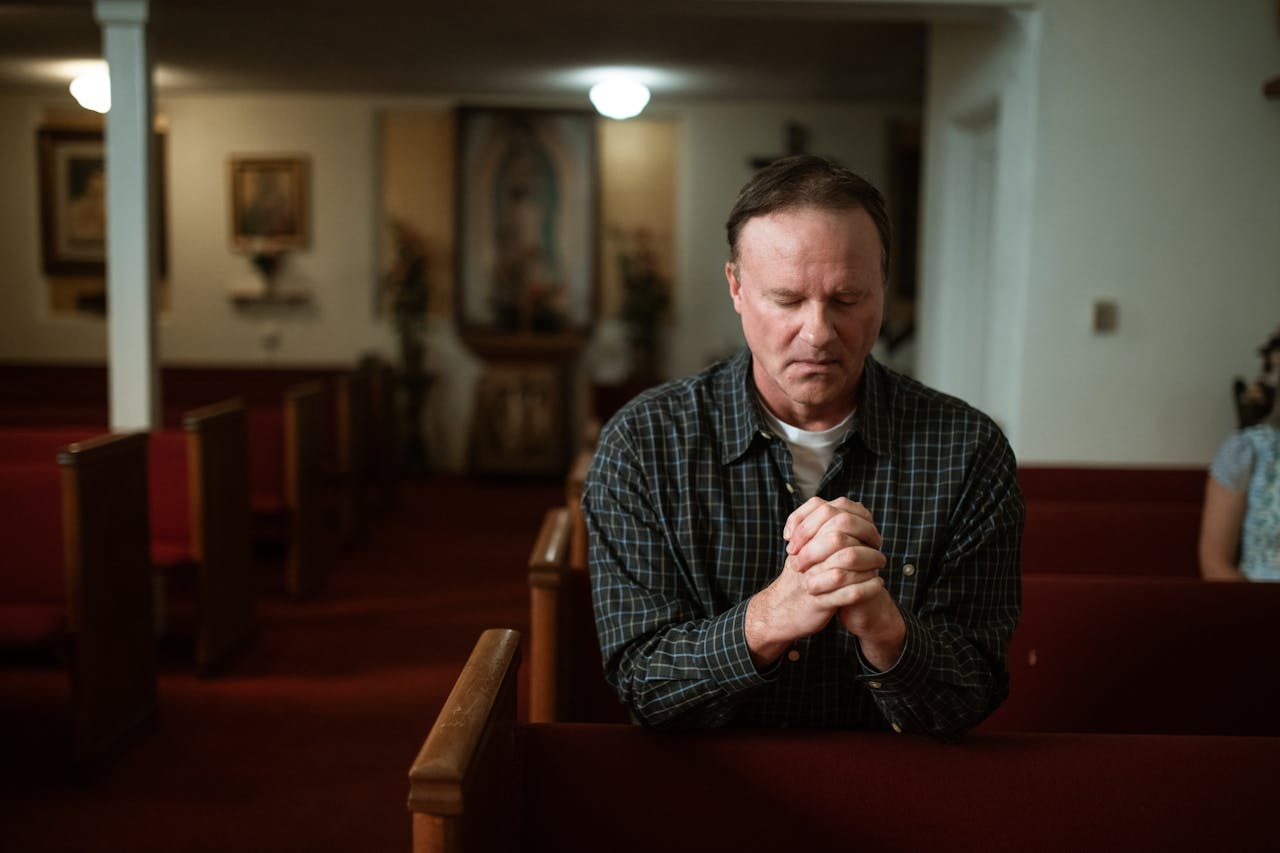Faith-based financial support is one of the most underutilized resources available to individuals and families facing hardship. While many turn to government programs or secular nonprofits, churches and religious organizations across the country quietly provide a wide range of services—from emergency rent help to food assistance and job training crossover opportunities. These programs are often open to everyone, regardless of religious background, and they combine compassion with practical aid.
If you are struggling to make ends meet, faith-based support might be the missing piece in your recovery plan.
What Is Faith-Based Financial Support?
Faith-based financial support refers to assistance provided by religious institutions or organizations inspired by spiritual values. This support can include:
- Emergency rent or utility assistance
- Food pantries and meal programs
- Clothing and household goods
- Transportation vouchers or gas cards
- Counseling and financial literacy workshops
- Job placement and training programs
Some programs are operated directly by local churches. Others are managed by larger religious nonprofits or interfaith coalitions. Many are funded through donations, grants, and partnerships with local governments.
Who Can Apply?
Most faith-based programs are open to anyone in need. You do not have to be a member of a specific church or follow a particular religion. While some programs may prioritize their congregation or local community, many explicitly state that services are available to all.
Eligibility requirements vary. Some programs require proof of income, residency, or documentation of financial hardship. Others may ask for a referral from a caseworker or social service agency. The application process is typically more personal and less bureaucratic than government programs.
Where to Look for Help
Here are some of the most common places to find faith-based financial support:
1. Local Churches and Places of Worship
Many churches, mosques, synagogues, and temples maintain benevolence funds or outreach ministries. These programs often provide small grants or direct aid for rent, food, or utility bills. Start by contacting places of worship in your area and asking about available assistance.
2. Catholic Charities
With locations across the United States, Catholic Charities offers services including housing assistance, food distribution, immigration support, and disaster relief. Their programs are open to people of all faiths.
3. The Salvation Army
Known for its thrift stores and red kettles, The Salvation Army also provides emergency financial assistance, shelter, addiction recovery, and disaster response. Many locations offer help with rent, utilities, and food.
4. Lutheran Services in America
This national network of Lutheran-affiliated nonprofits offers services such as affordable housing, senior care, and disaster response. Some local affiliates also provide financial counseling and emergency aid.
5. Jewish Family Services
JFS organizations operate in many cities and offer services including food pantries, counseling, job assistance, and emergency financial help. Programs are typically open to all, not just members of the Jewish community.
6. Interfaith Coalitions
Many communities have interfaith networks that pool resources from multiple religious groups to serve the broader public. These coalitions often run food banks, shelters, and financial aid programs.
What to Expect When You Apply
Applying for faith-based financial support is usually a personal process. Unlike large government programs, these organizations often take a case-by-case approach. Here is what you can expect:
- Initial contact: You may need to call or visit in person to explain your situation.
- Documentation: Be prepared to provide ID, proof of income, and documentation of your financial need such as a utility shutoff notice or eviction warning.
- Interview or intake: Some programs include a brief interview to assess your needs and determine the best type of support.
- Follow-up services: Many organizations offer more than just financial help. You may be connected to counseling, job placement, or other long-term resources.
The Value of Job Training Crossover
One of the most impactful aspects of faith-based support is the job training crossover. Many programs do more than provide temporary relief. They help individuals build skills and find employment. This might include resume workshops, vocational training, or partnerships with local employers.
By combining financial assistance with workforce development, these programs help people move from crisis to stability. It is not just about paying bills. It is about building a future.
Final Thought
Faith-based financial support is a powerful, often overlooked resource. These programs offer more than money. They offer dignity, community, and a path forward. Whether you need help today or are planning for tomorrow, do not overlook the support available through local churches and religious nonprofits.
Start by reaching out. Ask what is available. And know that help may come from places you never expected but always needed.


Leave a Reply